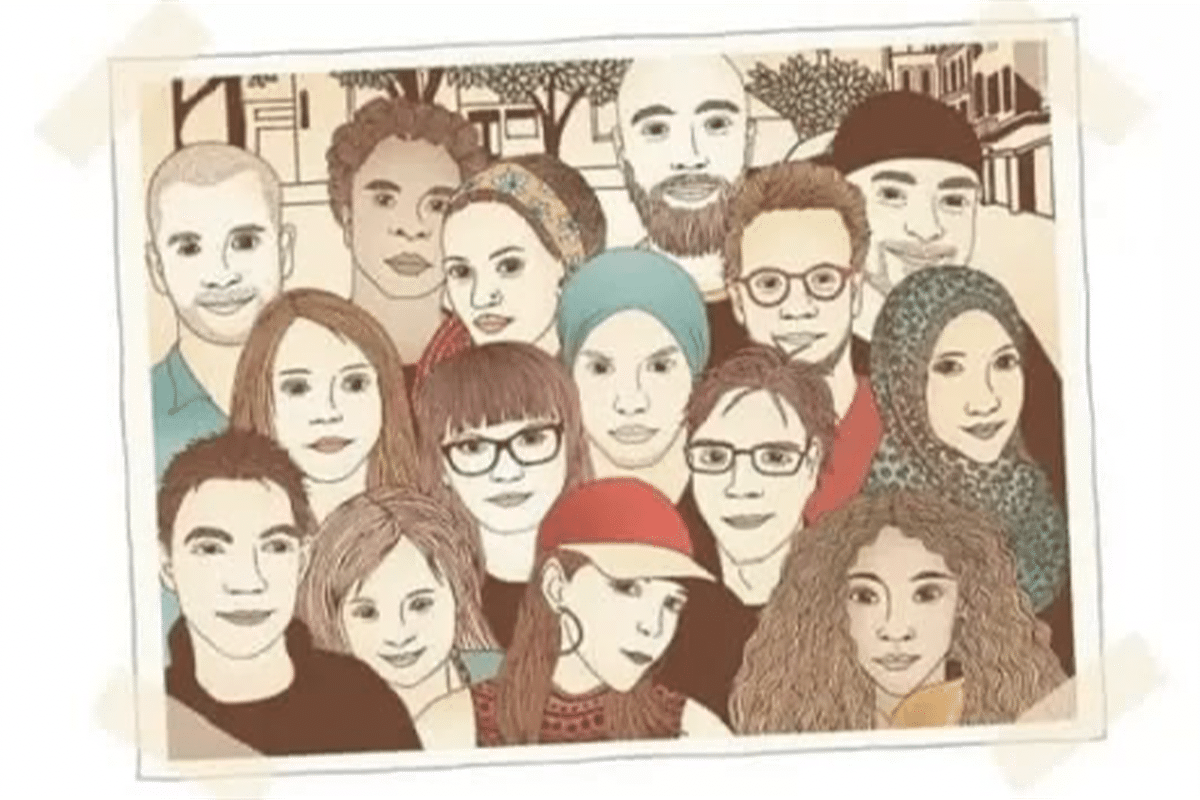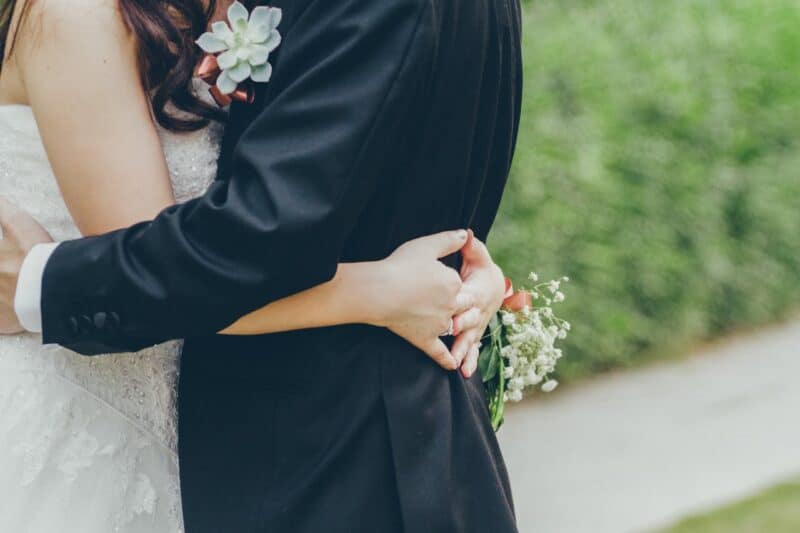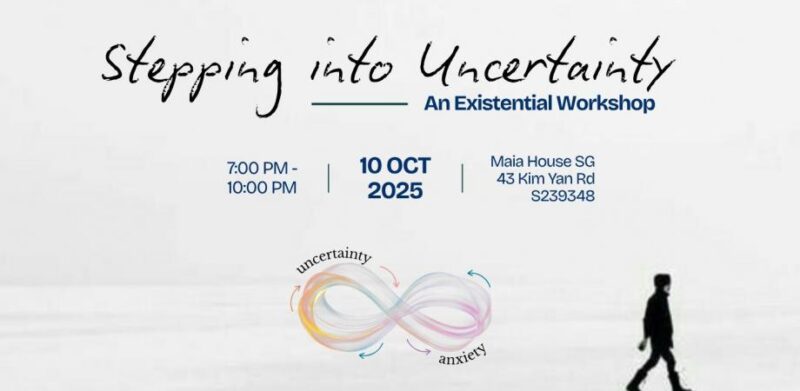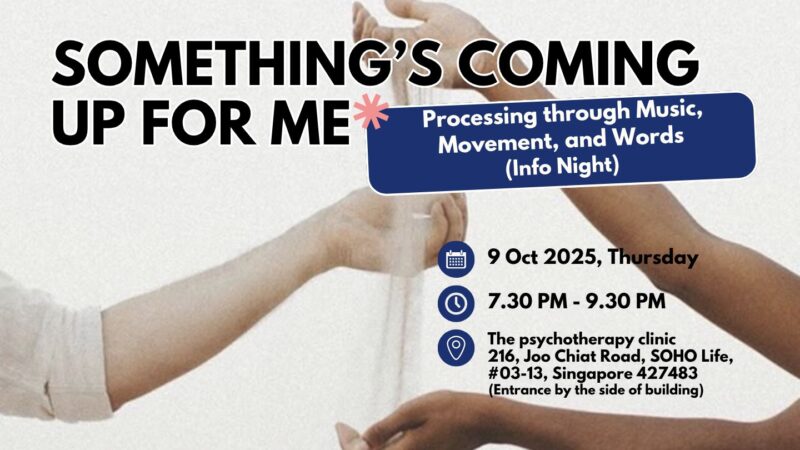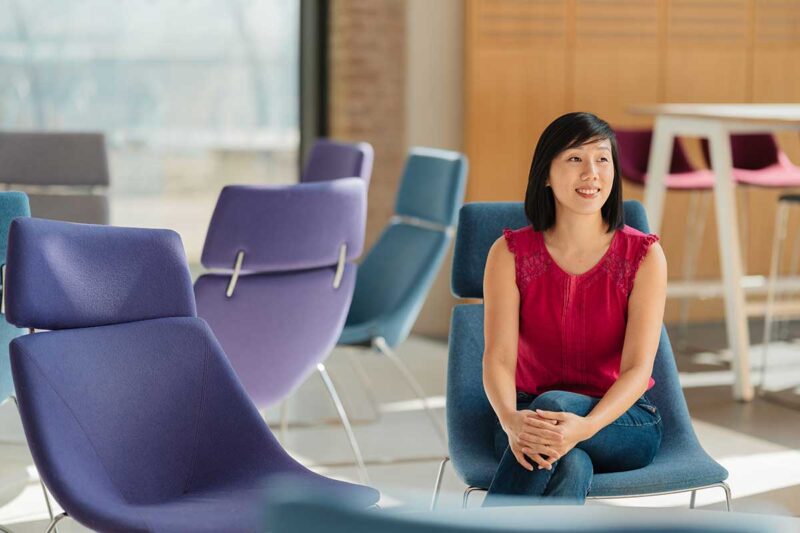For a long time now, I have always wondered if authenticity and being Asian are compatible.
Having grown up in Singapore and coming from a traditional Chinese family, I’ve been taught to greet my elders and respect authority figures. We have a saying in mandarin, ‘ 入得厨房 出得厅堂’. It means that an ideal woman is one who can perform diligently in all household chores and yet act as a proper lady who knows how to dress elegantly, has graceful and polite manners and is able to hold mature conversations in social settings.
Training starts at a young age. And through my clinical experience, I notice that I am not alone. An experience I share with many of my clients are the unhealthy labels that we carry with us since childhood: Crying is shameful. We are selfish if we do not share our toys. Talking back to our parents is a sign of disrespect.
The common message across these labels is that we should care for others above our needs.
This is where I struggled with the modern idea of authenticity (see article). If being authentic is defined as staying true to ourselves, essentially being congruent, sincere and transparent, how attainable is it for Asians who ultimately values collectivism over individualism?
It made me wonder if authenticity is only reserved for the western world. I had a hunch that it was not exclusive to only certain groups of people. It should be a universal human value.
I had another belief: It is when we throw the baby out with the bath water, pitting being true to ourselves against being around for others, that problems arise. Looking back at my own life and with my clinical experience, I notice that anxiety, depression and other mental health struggles arise when we perceive the tension between having our voices heard and experiencing a sense of belonging with others to be unsolvable. However, our true voice and our sense of belonging should not be an either/or experience but a both/an.
Even then, there were still many other things I did not know. How will authenticity look like in an Asian society? How can I be true to myself without throwing away my Asian roots? Should I respect my needs first or others? After all, Asian values like harmony, benevolence, righteousness, courtesy, loyalty, and filial piety are not undesirable.
It is with these burning questions that led me to become an authenticity researcher 5 years ago. I hope that my work in attempting to conceptualize an Asian interpretation of authenticity, starting with millennials, will contribute to the mental health of the young people in Asia.
About the Author
I am a BPS-accredited and SPS-accredited Counselling Psychologist with a Doctorate in Existential Psychology from the New School of Psychotherapy and Counselling in London, U.K. My care philosophy is not to diagnose, label, or categorise but rather to work with the individual in front of me in the here and now.
My clinical credentials certainly play a significant role in defining my professional identity. But to foster a deeper connection and authenticity, I invite you to discover my other “Selves”, the various facets of who I am.

